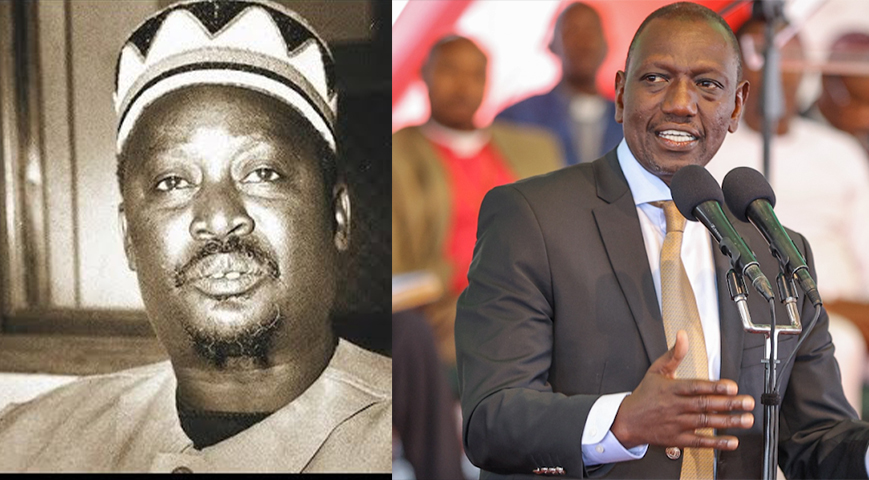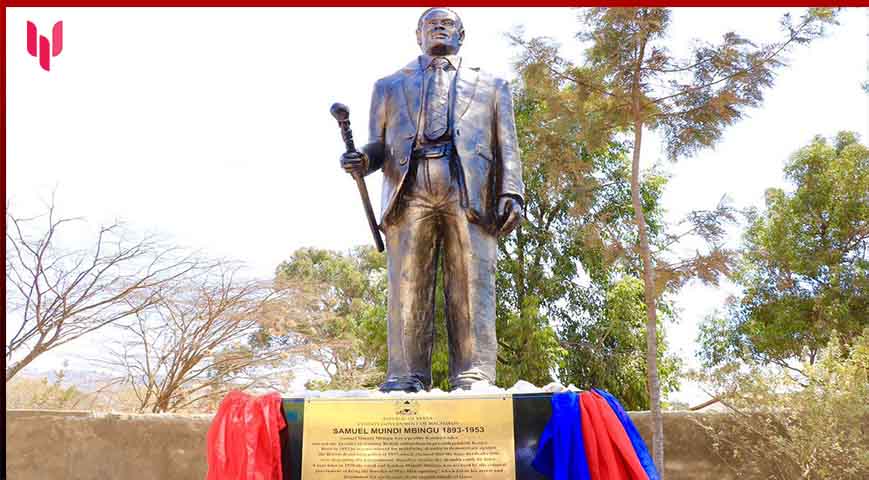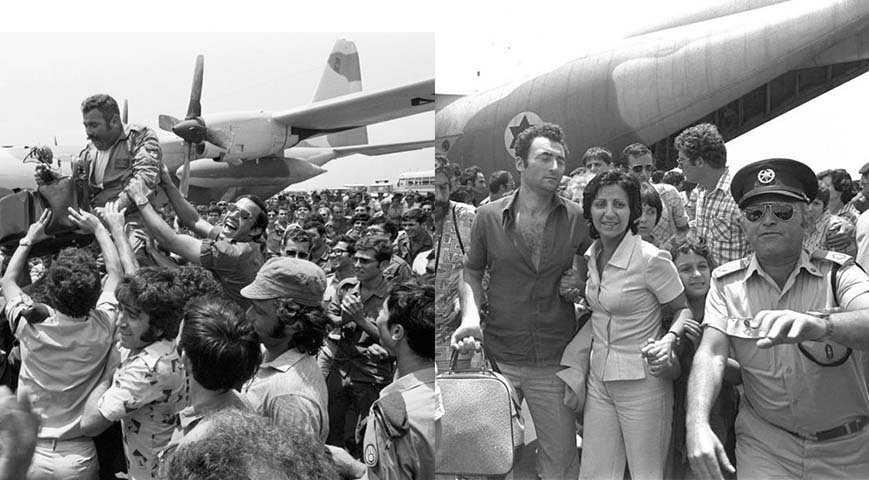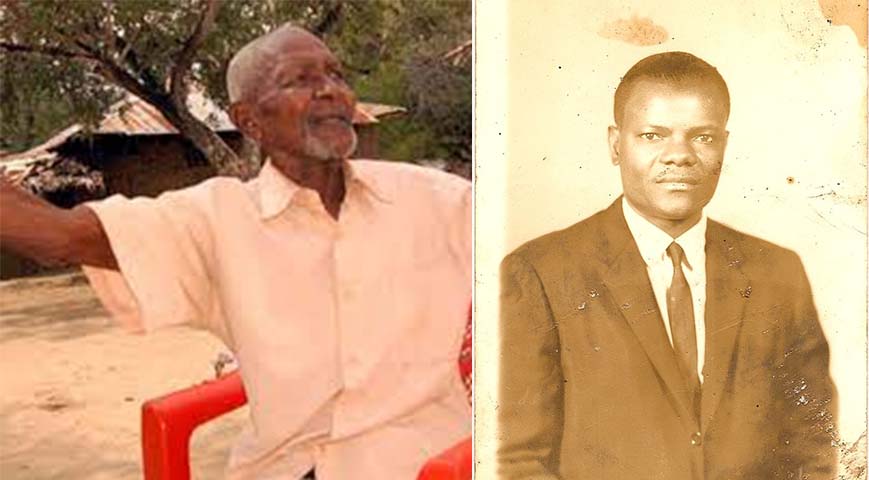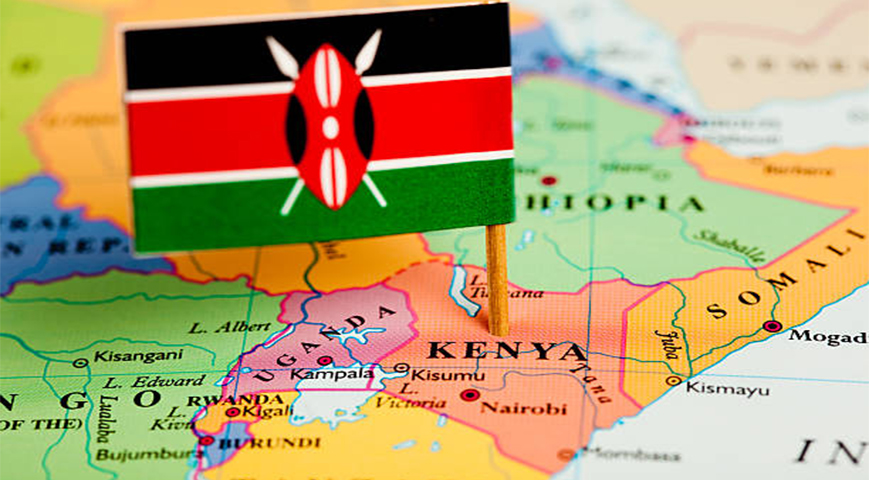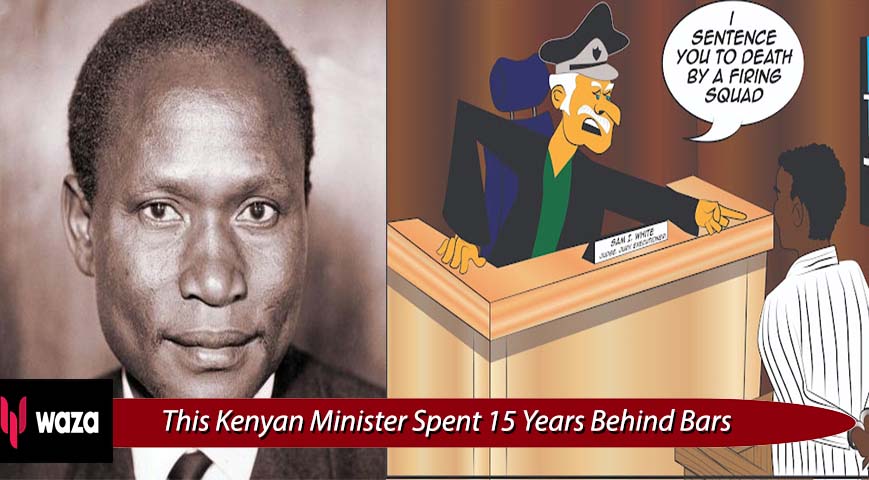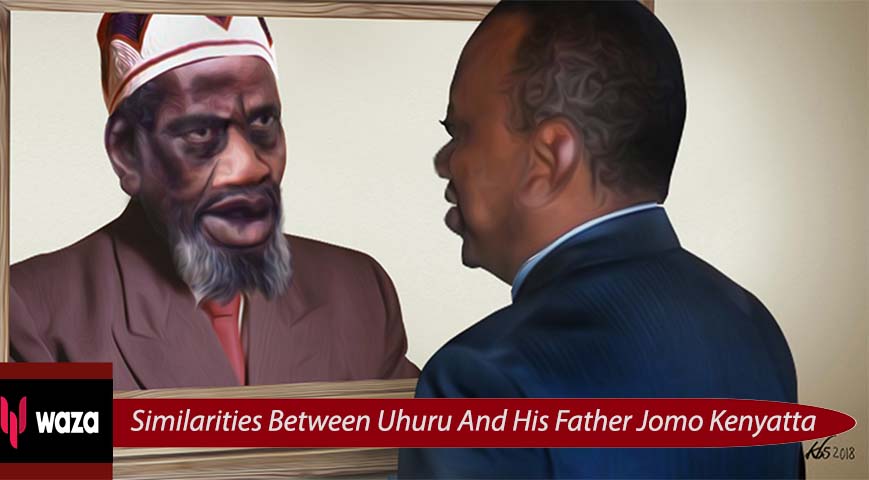I bet you have heard the famous catchphrase NOT YET UHURU or read the book by the renowned freedom fighter Jaramogi Oginga Odinga.
Not Yet Uhuru is a book that gives a vivid and authoritative account of the history of Kenya.
The book "Sums up his political beliefs and tells the story of his development from a local teacher to an international figure" who would later become the Vice president of Kenya, Just like William Ruto, who transitioned from a chicken vendor to becoming the vice president of Kenya then later the President.
To understand the similarities between these two political kingpins, Esther Kimotho backtracks on the deeds of Jaramogi back in 1960 in his desperate time to grasp power.
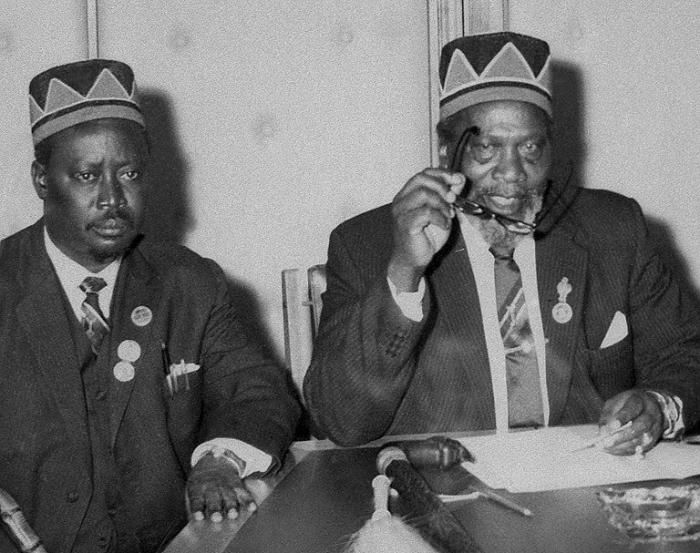
Did you read this?
President's Champions
Oginga's task to secure Kenyatta's release appeared sensitive and challenging towards the beginning of the 1950s. The main point of Oginga's speech was that Kenyatta should be freed because "he is already our choice." Oginga travelled to several countries throughout the campaign, including India. It was thought at the time that Oginga was establishing a cult that was "reviving the political career of Kenyatta who, until 1963, was largely unacceptable to the white settlers, the colonial government, and the British governments." Other Kenyan politicians quickly joined the call, making it harder for the authorities to keep the future President in custody. Oginga, who resisted forming the administration until Kenyatta was out of jail, is favored by history.
However, Ruto ran a ferocious campaign that helped Uhuru win the presidency. Most people in Kenya's Central Region think that Uhuru's success in the previous two elections was unthinkable because of his significant role in this development. The two were engaged in a legal battle with the International Criminal Court (ICC) in 2013 to clear their reputations and have their cases dropped. Ruto unquestionably played a significant role in Uhuru's electoral success and eventual win at the ICC.
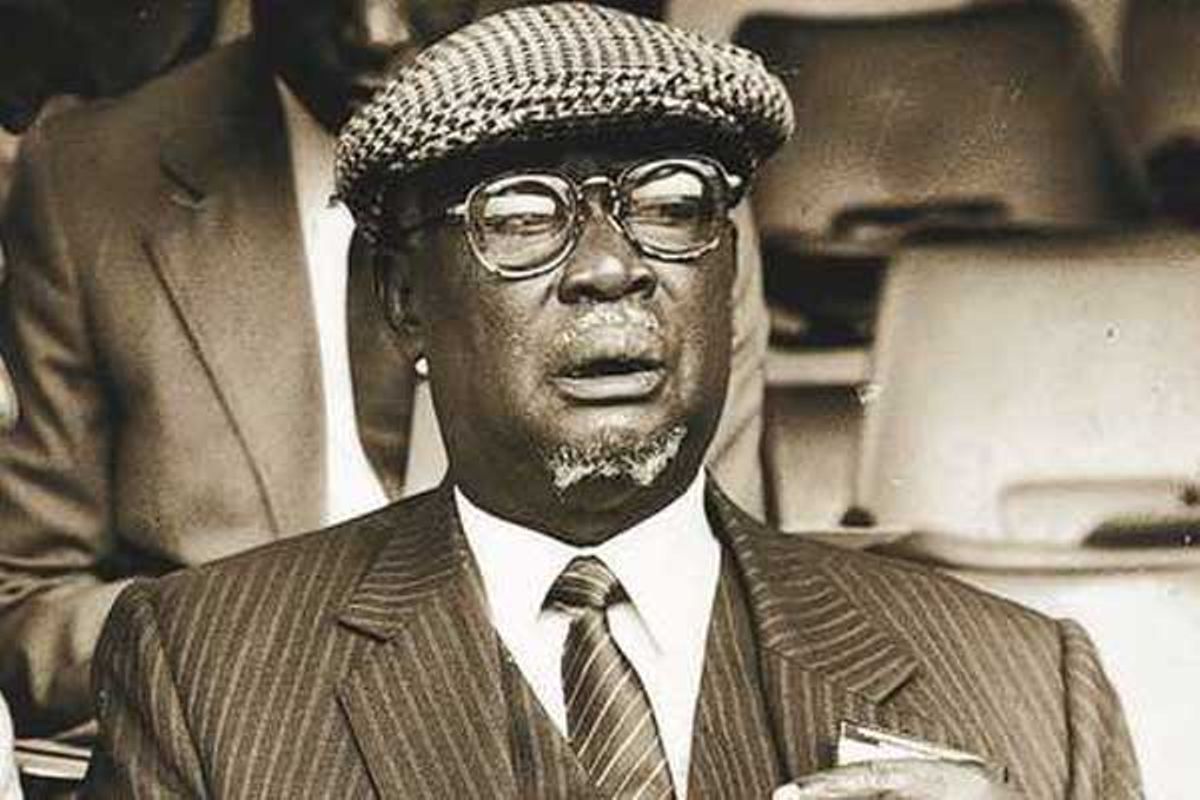
The Betrayal
Jomo Kenyatta continued to be a close friend and political supporter of Oginga after taking president. In general, Kenyatta needed to strengthen this connection to ensure he had direct access to money from the East. In the years leading up to independence, Kenyatta heavily relied on Oginga because he "had nowhere else to turn for sympathy and help; he needed money for his own genuinely Nationalist political purposes." However, this would subsequently change when Kenyatta began receiving funding from the West.
The elites of the West and Kikuyu were incredibly uneasy about Oginga's chances of becoming President. The government had been "very concerned about the political orientation and intentions of Odinga" since the early 1960s. Some members of the African elite harboured resentment toward Oginga for "resurrecting and adding lustre to Kenyatta's political mythology." According to the report, "Many of them believed that Odinga's actions had denied them an opportunity to emerge as national leaders, for now, they had been forced to work under Kenyatta's shadow."
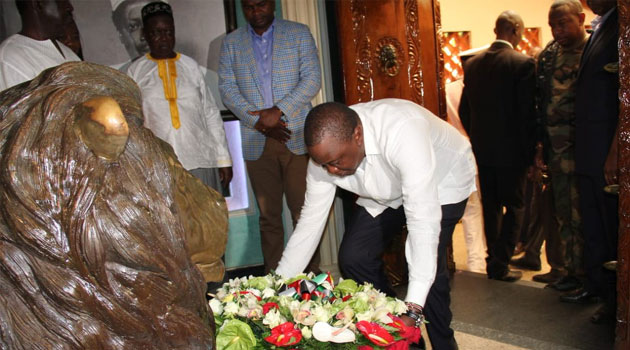
Oburu Odinga has also compared President William Ruto's current political undertakings to his late father Mzee Jaramogi Oginga Odinga.
During an interview with Citizen TV Oburu, he stated that his father made a mistake while serving as Jomo Kenyatta's deputy. Oburu noted that the error bore a resemblance to the current situation between Ruto and former President Uhuru Kenyatta.
January 30 marked 27 years since the demise of Oburu's father and former Vice President and Opposition chief Jaramogi.
The Odinga family idolized their late father as a revolutionary leader who advocated for development in the country. In the course, Oburu reflected on his father's political ideologies and relationship with founding father, Mzee Jomo Kenyatta.
He noted that at the beginning, Jaramogi and Kenyatta enjoyed a great friendship that saw the former VP represent Central Kenya besides championing for Kenyatta's release from detention.
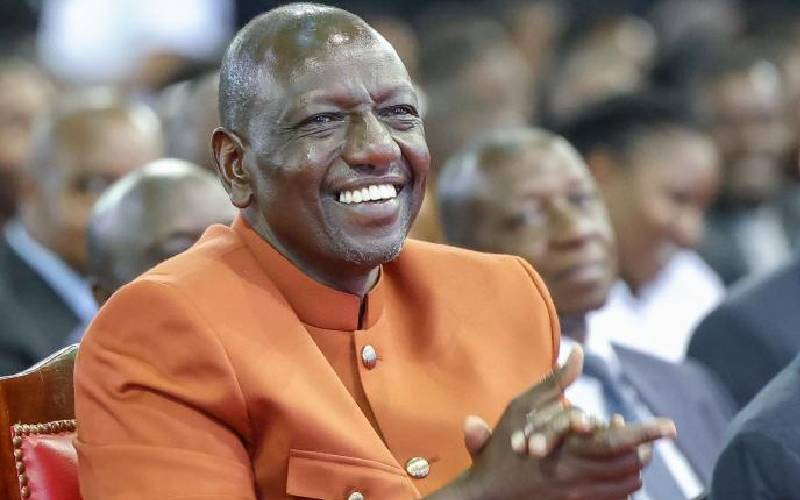
Oburu stated that Jaramogi was emotional about his relationship with Kenyatta and could not stand anyone criticizing Kenya's first President. However, their relationship later deteriorated after they differed on political and economic ideologies.
"Jaramogi believed in an approach which was more socialistic in nature but Kenyatta believed in the capitalist way of development," Oburu stated.
He revealed that at one point, he had advised his father to quit politics, but he refused and continued to champion the rights of the people. Jaramogi later resigned as VP.
Oburu stated that his father thought he could clinch power because he was famous.
"I asked him, why didn't he just persevere as VP and join the pecks of VP. Like the same situation of Ruto now and Uhuru, because he was very popular and thought he was going to use that popularism and take power and change things the way he thought. He later learned he made a mistake," Oburu stated.

